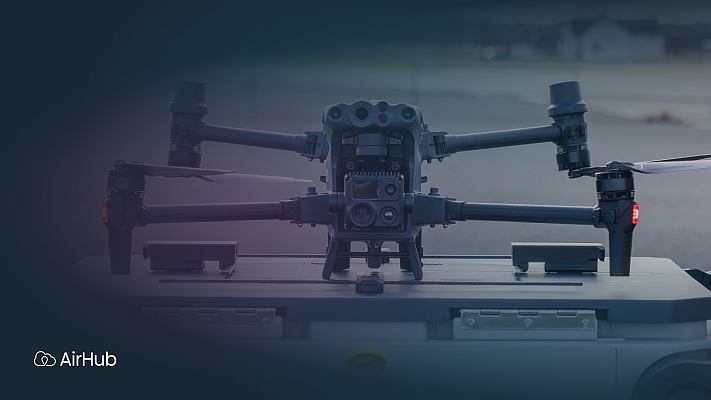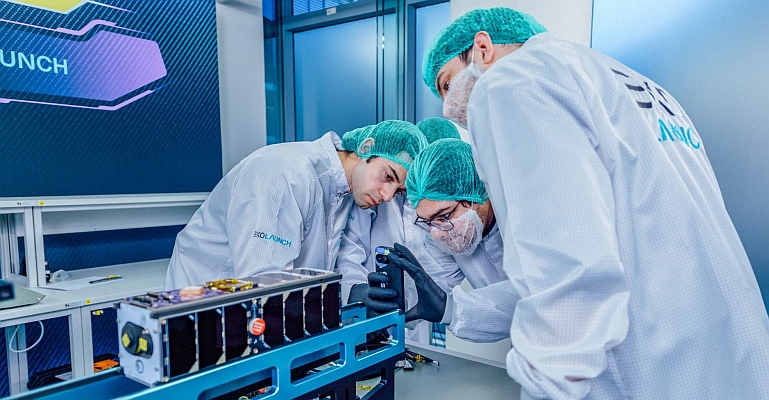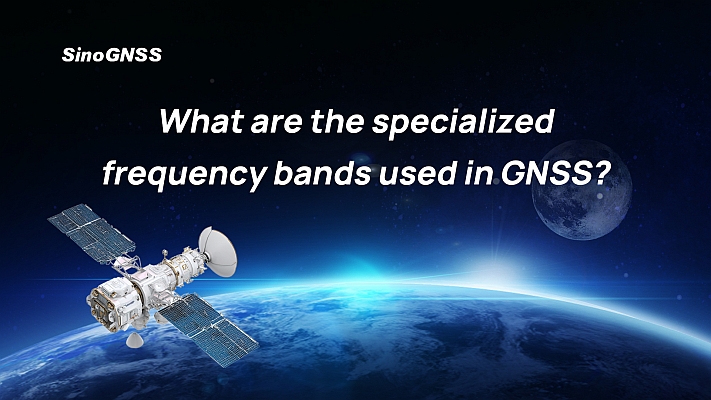The goal of the federal government is to assure that until 2024 all Brazilians have access to quality water and sewerage basic services, according to Abelardo de Oliveira Filho, National Secretary for Environmental Health for the Ministry of the Cities.
He stated that, in order to universalize the services, it is mandatory state and city administrations also prioritize actions in this area.
As to Abelardo, in 2003 the government adopted a new system to relay funds to states, cities and publicly and privately owned companies interested in investing in water and sewerage. According to the secretary, projects for more destituded areas will score more points towards the selection, among other criteria.
“We also demand that the operators, the states and the cities present projects which take into consideration epidemiological indicators, infant death rate, treated water system coverage indicators, sewerage coverage indicators, urban waste management and low income population profile”, he explained.
Data released by the UNICEF show that the infant and adolescent access to these basic water and sewerage services Brazil is more limited in black communities, in the northern and northeastern regions, for childen whose mothers have up to one year of formal education.
To come to these conclusions, the UNICEF analysed information obtained through the PNAD (Domicile Sample National Research) 2004, by the IBGE (Brazilian Institute of Geography and Statistics).






